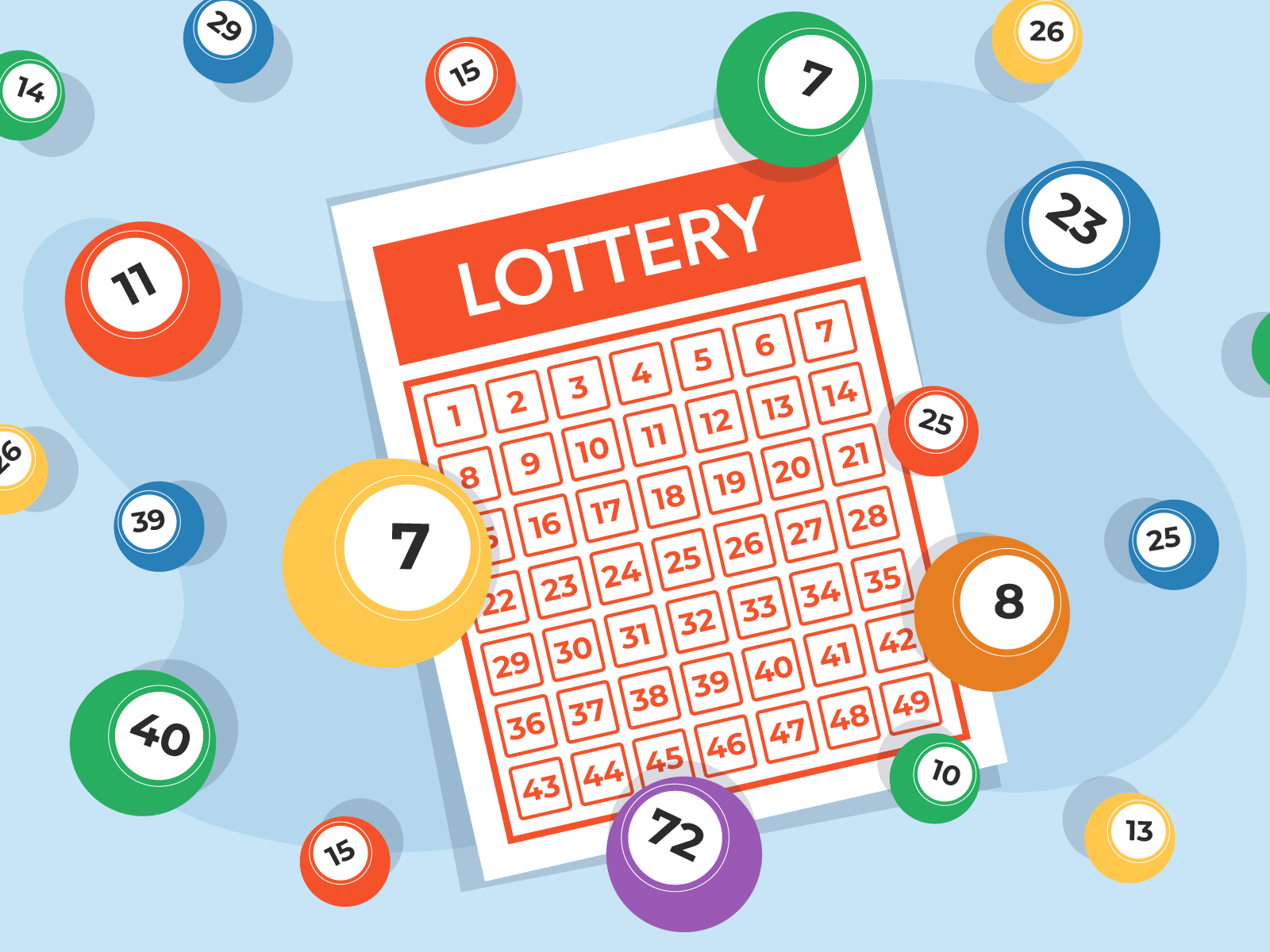Lotteries have been around for centuries, offering people the chance to win large sums of money with the purchase of a ticket. While some view playing the lottery as a harmless form of entertainment, others see it as a waste of money. However, what drives individuals to play the lottery in the first place? Let’s delve into the psychology of lottery players to understand their motivations and behaviors.
The Thrill of the Unknown
One of the main reasons people play the lottery is the thrill of the unknown. The anticipation of waiting for the numbers to be drawn and the possibility of winning a life-changing amount of money can be incredibly exciting. This sense of excitement releases feel-good chemicals in the brain, creating a temporary high that keeps players coming back for more.
Escapism
For some individuals, playing the lottery offers a form of escapism from their everyday lives. The idea of winning millions of dollars and being able to live a life of luxury can provide a temporary escape from financial worries and other stressors. This fantasy can be a welcome distraction from the challenges of reality.
Hope and Optimism
Lottery players often possess a sense of hope and optimism that drives them to continue playing. The belief that “it could be me” fuels their desire to purchase tickets in the hopes of hitting the jackpot. Even though the odds of winning are slim, the possibility of a better future keeps players motivated to keep trying their luck.
Social Influence
Peer pressure and social influence play a significant role in why some individuals play the lottery. Seeing friends, family members, or colleagues win big can create a fear of missing out and drive others to participate as well. The desire to be part of the excitement and share in potential winnings can be a powerful motivator for many players.
Entertainment Value
Despite the slim odds of winning, many lottery players view playing as a form of entertainment. The excitement of checking their numbers, discussing strategies with fellow players, and dreaming about what they would do with the prize money can provide hours of enjoyment. For some, the fun and thrill of playing outweigh the expectation of actually winning.
Risk vs. Reward
Lottery players are often willing to take on the risk of losing money in exchange for the potential reward of winning big. The thrill of the possibility of hitting the jackpot can outweigh the financial consequences of losing on a regular basis. This risk-taking behavior can be driven by a combination of hope, optimism, and the desire for a life-changing windfall.
Conclusion
Understanding the psychology of lottery players can provide valuable insights into their motivations and behaviors. Whether driven by the thrill of the unknown, escapism, hope and optimism, social influence, entertainment value, or risk vs. reward, lottery players are a diverse group with unique reasons for participating. While some view playing the lottery as a harmless hobby, others may struggle with gambling addiction and financial difficulties. By recognizing the underlying motivations behind lottery play, we can better support individuals in making informed decisions about their participation in this popular form of gaming.
So the next time you see someone buying a lottery ticket, consider the complex mix of emotions and motivations that may be driving their decision.



